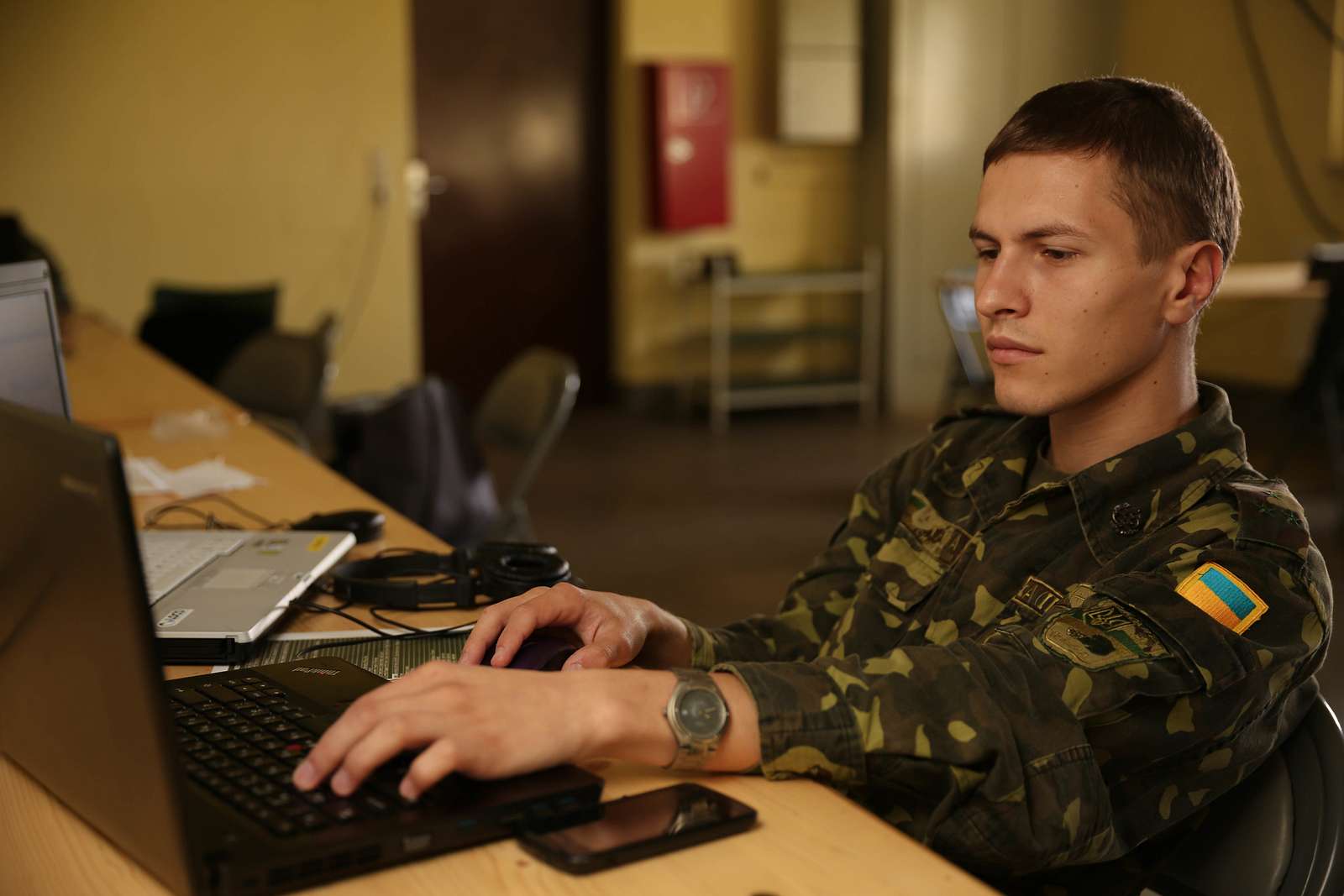Reframing the Debate: A Response to Ryan Goodman’s Memo to the Human Rights Community
Ryan Goodman recently wrote a post in Just Security titled “Why the Laws of War Apply to Drone Strikes Outside ‘Areas of Active Hostilities’ (A Memo to the Human Rights Community).” Its main point is that to be taken seriously, human rights organizations and activists should stop characterizing military attacks in territories outside areas of active hostilities as unlawful and, instead, should focus on interpretations and implementation of the law of armed co
Published by The Lawfare Institute
in Cooperation With

Ryan Goodman recently wrote a post in Just Security titled “Why the Laws of War Apply to Drone Strikes Outside ‘Areas of Active Hostilities’ (A Memo to the Human Rights Community).” Its main point is that to be taken seriously, human rights organizations and activists should stop characterizing military attacks in territories outside areas of active hostilities as unlawful and, instead, should focus on interpretations and implementation of the law of armed conflict. Several portions of Goodman’s post merit attention, particularly this troubling passage, which I will return to throughout:
If the laws of war are not the proper baseline for territory that is outside areas of active hostilities, the human rights community has some grounds to call drone strikes in these zones patently illegal. That’s a radical proposition, and that’s part of the reason why it is wrong as a matter of law. Coming to terms with the reasons why the laws of war do apply outside areas of active hostilities, or at least the most persuasive case for why that is so, may help the human rights community better engage policymakers. [Emphasis added.]
The first issue concerns the most relevant legal framework and the corresponding ranking of priorities. Goodman sees the law of armed conflict as the applicable legal framework—or at least as the most relevant one. Intricate questions concerning the law of armed conflict certainly matter here. Yet the more important and urgent questions concern the international legal framework governing the use of force. It is the invocation of that framework by the human rights community that Goodman appears to bristle against most.
A debate over the law of armed conflict should not eclipse arguments about the legality of the use of force. Indeed, the most important concern in this domain is not that the Trump administration will egregiously violate international humanitarian law (despite the president’s rhetorical support for war crimes). It’s that the U.S. will go to war in more and more places without a sufficient justification and without a sufficient democratic decision-making process. In short, Goodman is trying to restrict the scope of what counts as a legitimate field of argument for the human rights community, but constricting the scope of useful and legitimate debate to the law of armed conflict is a mistake.
Now is exactly the time to have a bold conversation among the American and global public, and American officials, about where we go to war and for what reasons—and there is international law for that. The main impetus for engaging is that the advent of an unpopular and unpredictable president provides the human rights community with an opportunity to start a new discussion about the legality and legitimacy of the use of force.
The second issue relates to Goodman’s modes of argumentation. In the piece, Goodman seems to speak with two voices; he adopts a “take it from me” tone as both a government insider and as a senior scholar of international law.
In the first voice, Goodman addresses readers as a former government official, based on his year as special counsel to the general counsel of the Defense Department. Goodman advises the human rights community to hold its fire in engaging the government, yet he provides no insights into how the current administration is making decisions regarding armed conflict. If there are good grounds to suggest as a matter of strategy that human rights actors should talk about some things and not others, it would be important to lay them out. The memo seems to assume them.
In the second voice, Goodman speaks as a prominent international law scholar telling the human rights community what the right answers are and clarifying that community’s purported misunderstandings. Here, Goodman seems to shift from celebrating the robust debate in the field to suggesting that it has been sufficiently resolved—around the world—in favor of global non-international armed conflict. The answers are not as simple and clear as Goodman asserts, regardless of whether he has a strong argument under international law.
The third issue concerns a subtext I perceive in Goodman’s piece that is some degree of anxiety about the legacy of Obama administration lawyers who helped craft an international legal framework to prosecute a global armed conflict against terrorist organizations. That innovative framework may have been developed in a context where lawyers, working under extreme pressure, thought that an administration they trusted would yield such a license responsibly. But that license has been handed to a very different administration. It is entirely appropriate to hold accountable those who, in or out of government, supported, developed and advocated for the global war framework. Yet that debate should not—first and foremost—be about the law of armed conflict. It is more fundamentally about the justification to go to war in the first place. If legacy concerns are playing a role in scholarship or strategic advice to colleagues and allies, then we ought to be having an honest and transparent conversation about that.
Now that might be a radical proposition.





